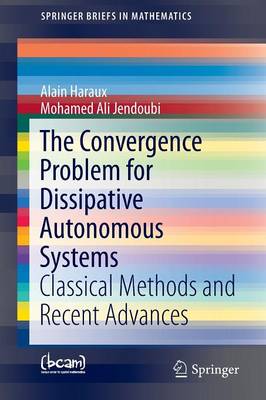The book investigates classical and more recent methods of study for the asymptotic behavior of dissipative continuous dynamical systems with applications to ordinary and partial differential equations, the main question being convergence (or not) of the solutions to an equilibrium. After reviewing the basic concepts of topological dynamics and the definition of gradient-like systems on a metric space, the authors present a comprehensive exposition of stability theory relying on the so-called linearization method. For the convergence problem itself, when the set of equilibria is infinite, the only general results that do not require very special features of the non-linearities are presently consequences of a gradient inequality discovered by S. Lojasiewicz. The application of this inequality jointly with the so-called Liapunov-Schmidt reduction requires a rigorous exposition of Semi-Fredholm operator theory and the theory of real analytic maps on infinite dimensional Banach spaces, which cannot be found anywhere in a readily applicable form. The applications covered in this short text are the simplest, but more complicated cases are mentioned in the final chapter, together with references to the corresponding specialized papers.
- ISBN13 9783319234069
- Publish Date 15 September 2015
- Publish Status Active
- Publish Country CH
- Imprint Springer International Publishing AG
- Edition 1st ed. 2015
- Format Paperback
- Pages 142
- Language English
